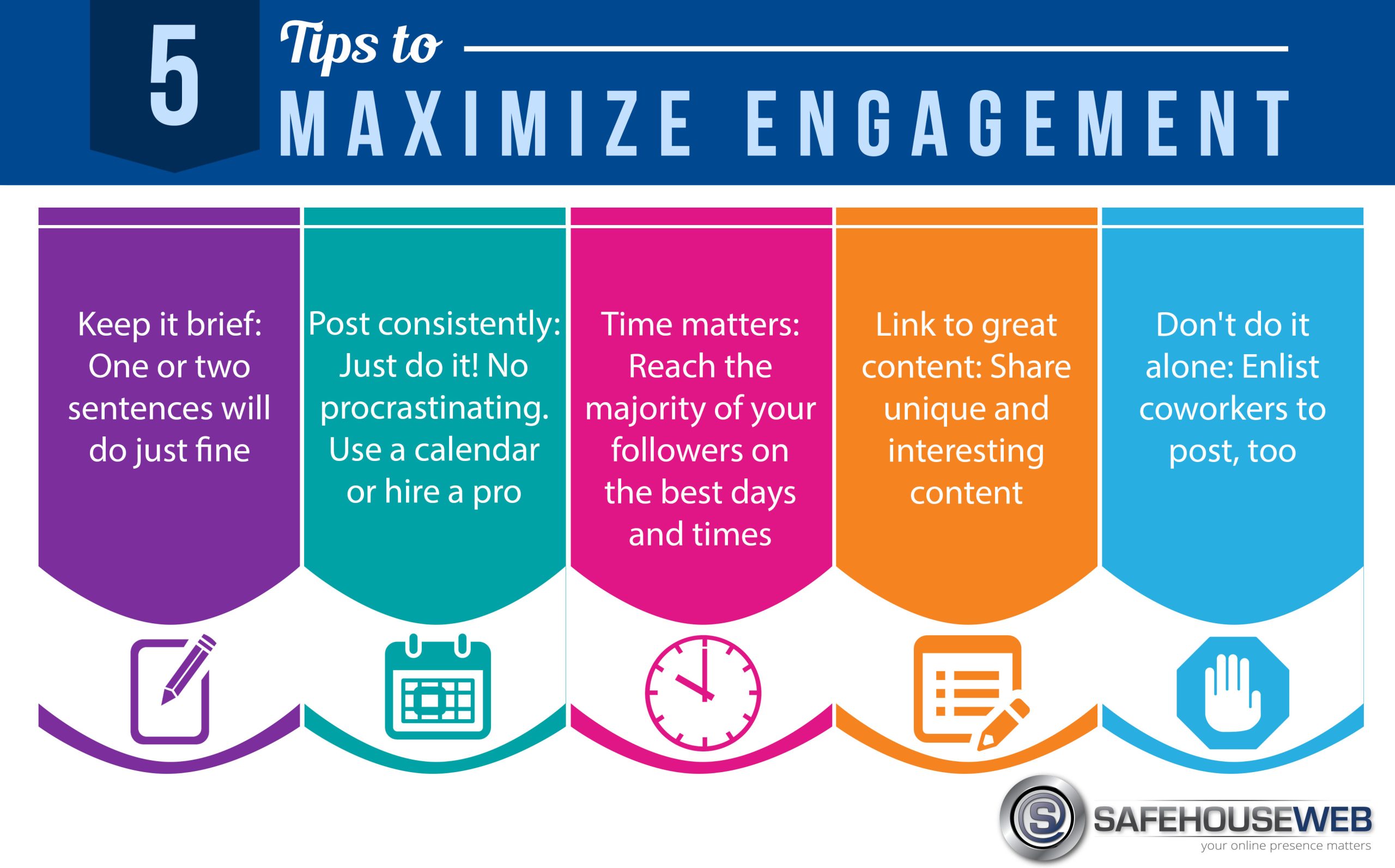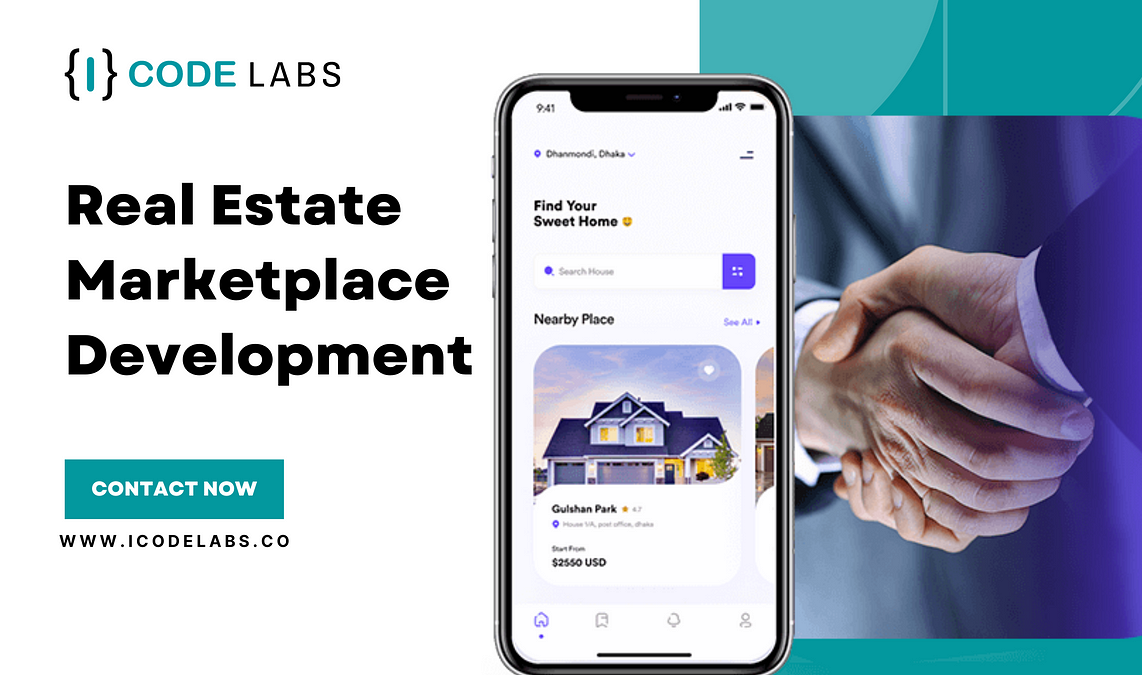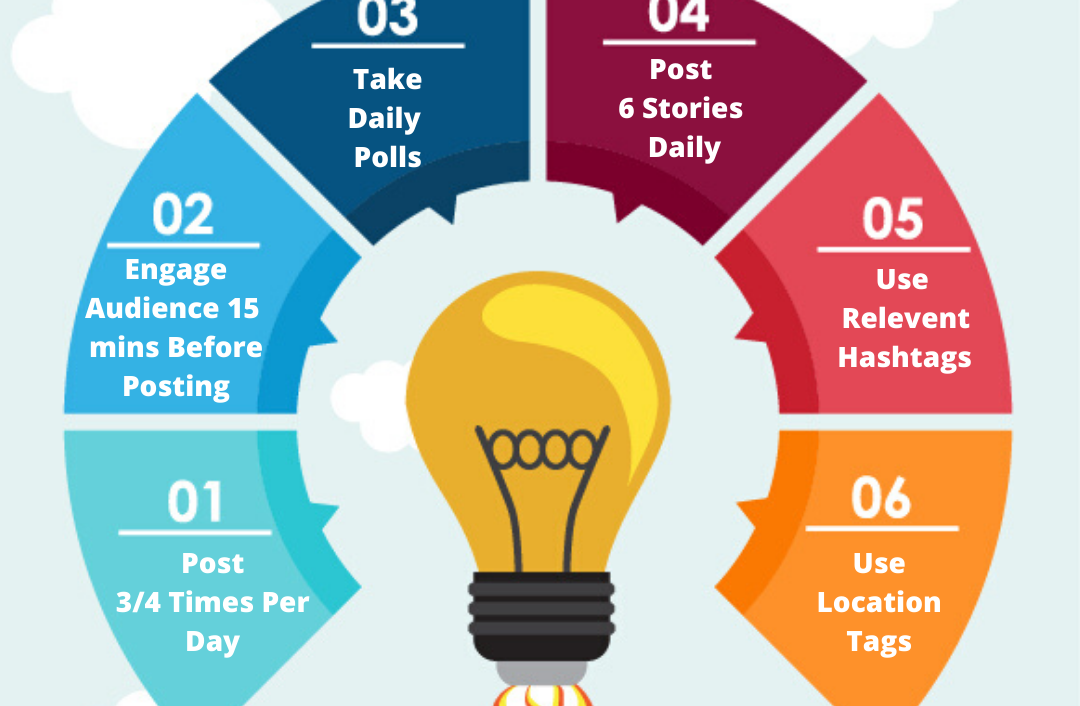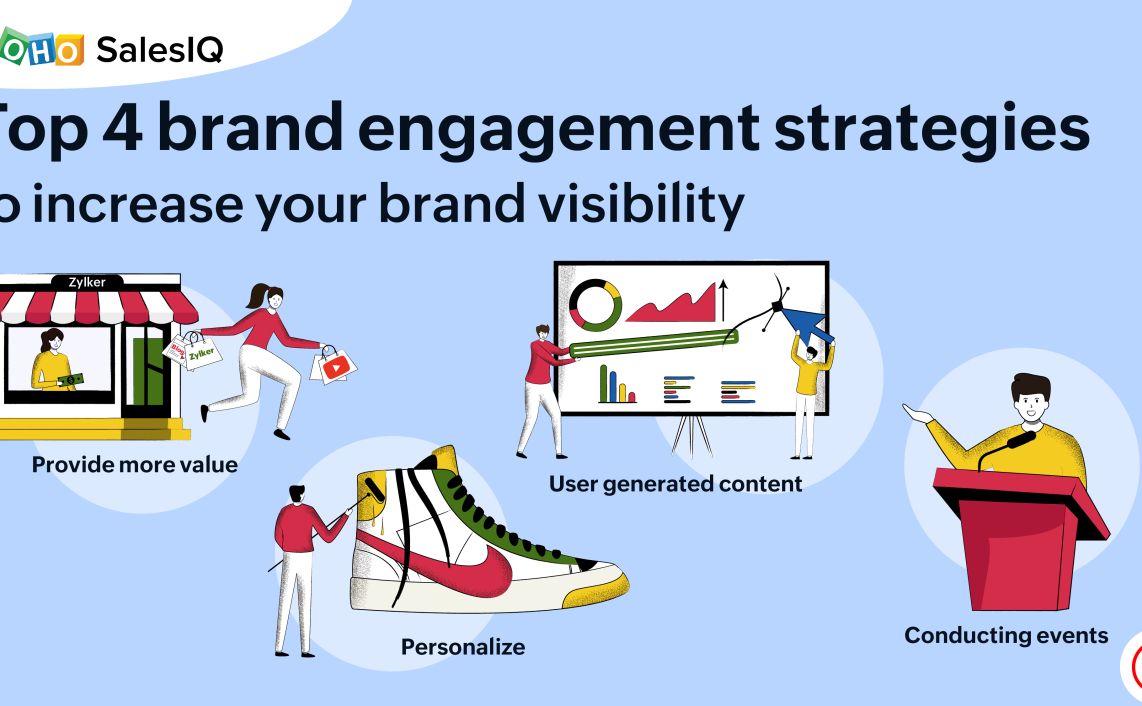Effective Strategies For Enhancing Media Engagement

Executive Summary
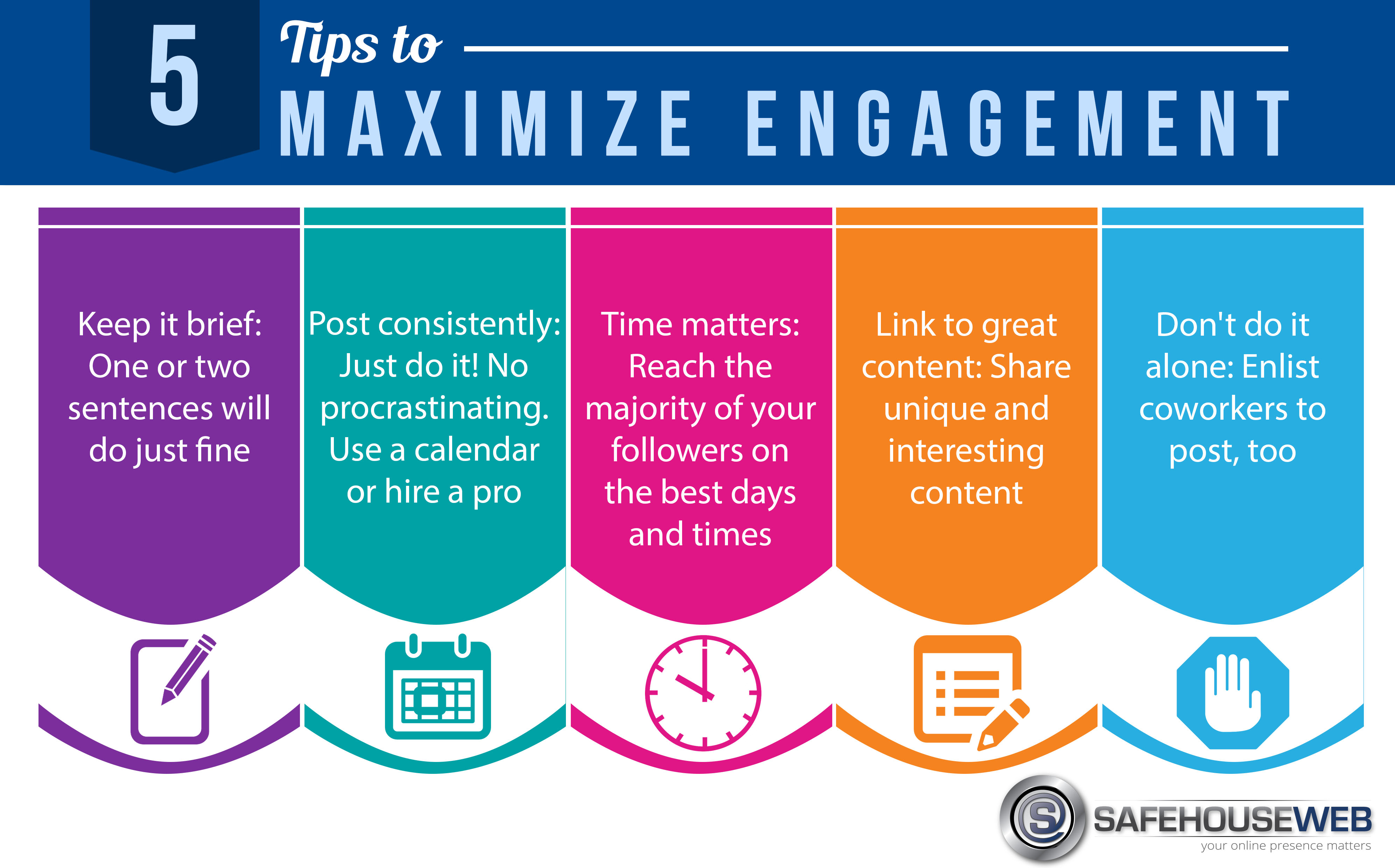
In today’s competitive media landscape, securing media engagement is crucial for organizations and individuals to amplify their message, build credibility, and reach a wider audience. This article explores effective strategies for enhancing media engagement, covering key aspects such as storytelling, pitching, relationship building, and leveraging digital platforms. By implementing these strategies, organizations and individuals can increase their chances of gaining media attention and achieving their communication goals.
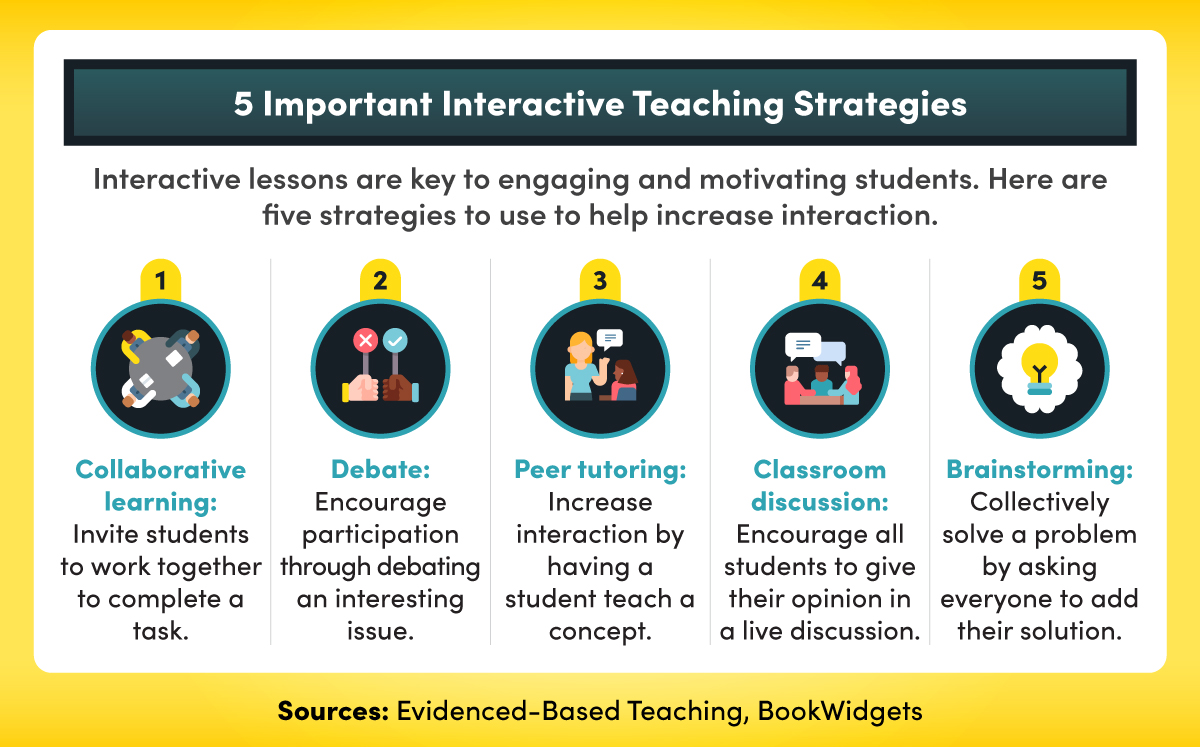
Introduction
Gaining media attention is essential for any organization or individual seeking to communicate their message and build a strong brand reputation. However, with a constant influx of information, capturing the interest of journalists and securing coverage can be a challenging endeavor. To effectively engage the media, a strategic approach is required, involving crafting compelling narratives, understanding the media landscape, and building relationships with journalists.
Frequently Asked Questions
1. What are the benefits of media engagement?
Media engagement can offer numerous benefits, including increased brand visibility, improved reputation, enhanced credibility, wider reach, lead generation, and positive public perception.
2. How do I identify the right media outlets for my story?
Consider your target audience, industry, and the type of message you want to convey. Research publications and platforms that align with your goals and target audience.
3. How can I measure the effectiveness of my media engagement efforts?
Track metrics such as media impressions, website traffic, social media engagement, and mentions in industry publications. Evaluate the impact of your media coverage on your business objectives.
Developing a Compelling Story
A compelling story is at the heart of effective media engagement. Journalists are constantly seeking fresh and engaging narratives that resonate with their audience. By crafting a story that is newsworthy, relevant, and human-interest, you can increase your chances of capturing media attention.
- Identify a unique angle: What makes your story stand out from the crowd? Highlight a compelling aspect that will pique the interest of journalists.
- Humanize your story: Connect with your audience on an emotional level by highlighting personal experiences, challenges overcome, and relatable themes.
- Demonstrate the impact: Explain how your story affects individuals, communities, or the industry as a whole.
- Provide supporting evidence: Back up your claims with data, statistics, research, and expert testimonials to strengthen the credibility of your story.
Mastering the Art of Pitching
Pitching is the art of effectively communicating your story to journalists in a concise and persuasive manner. A well-crafted pitch can make the difference between securing coverage and being ignored.
- Know your audience: Research journalists and publications to understand their interests and target audience.
- Keep it concise and clear: Craft a compelling pitch that is to the point and easy to understand.
- Highlight the newsworthiness: Emphasize why your story is relevant, timely, and interesting to the target audience.
- Personalize your pitch: Tailor your pitch to the specific journalist and publication you are targeting.
- Follow up consistently: Don’t be afraid to follow up with journalists to ensure they received your pitch and to answer any questions.
Building Strong Media Relationships
Building relationships with journalists is crucial for ongoing media engagement. Cultivating connections fosters trust and increases the likelihood of future coverage.
- Engage with journalists on social media: Follow journalists on social media platforms and engage with their content.
- Attend industry events: Network with journalists at industry conferences and workshops.
- Offer exclusive information: Share valuable insights, data, or perspectives that can enhance their reporting.
- Be a reliable source: Respond to inquiries promptly and provide accurate and timely information.
Harnessing the Power of Digital Platforms
Digital platforms play a significant role in media engagement. Leveraging online channels can amplify your message, reach a broader audience, and build your brand presence.
- Optimize your website: Ensure your website is informative, user-friendly, and optimized for search engines.
- Engage on social media: Use social media platforms to share news, stories, and engage with your audience.
- Use social media listening tools: Track mentions of your organization and brand across social media platforms.
- Utilize press release platforms: Distribute press releases through online platforms to reach a wider audience.
Conclusion
Effective media engagement is an ongoing process that requires a strategic approach, compelling storytelling, and strong relationships. By implementing the strategies outlined in this article, organizations and individuals can increase their chances of gaining media attention, amplifying their message, and achieving their communication goals. Remember, persistence, creativity, and a focus on building genuine relationships are key to achieving sustainable media engagement.
Keyword Tags
- Media engagement
- Media relations
- Public relations
- Storytelling
- Content marketing
